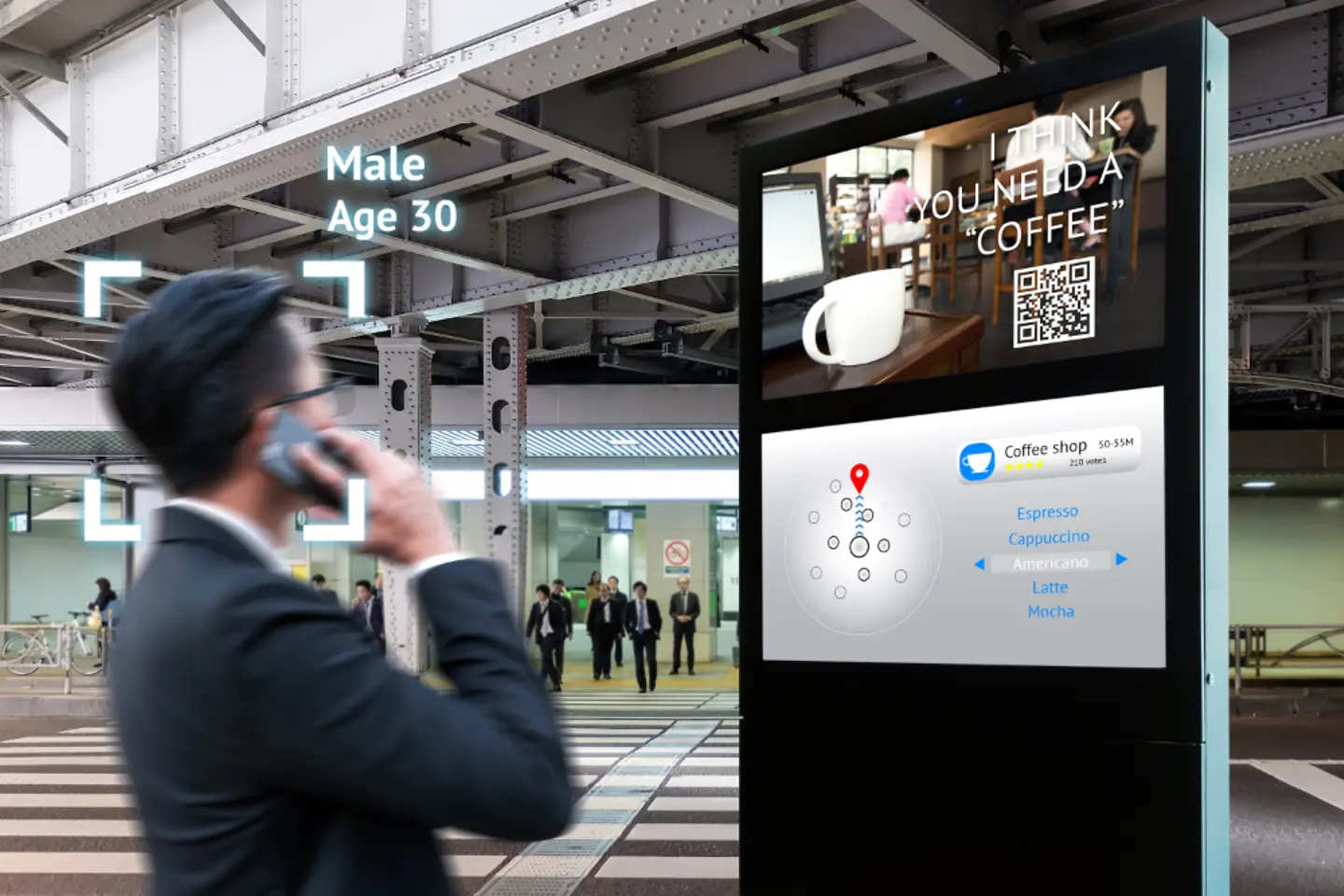
Behind-the-scenes, AI can automate systems across multiple departments–a true “all-rounder” in business. How ready is your company for AI integration and implementation?
Artificial intelligence (AI) is everywhere–even in the places you least expect. From helping doctors treat patients more effectively at healthcare facilities in Singapore, to ensuring construction workers' safety in Hong Kong, AI has been working hard behind the scenes throughout the Asia-Pacific (APAC) region, delivering tangible outcomes from its ability to automate business processes and derive insights from large data sets.
Given the region’s fragmented markets and geographies, as well as its growing need for better solutions, APAC companies are ready for AI and cloud-first systems integration, with regional spending on AI systems expected to rise to approximately US$32 billion in 2025 from US$17 billion in 2022.
The question now is, how ready is your company for AI integration and implementation?

AI is a technology that can serve multiple functions throughout your organisation, capable of solving pain points within all sectors and in all departments within companies, from production to warehousing to marketing. All these departments have varying requirements for pattern recognition, analysis and insight, which AI delivers in spades.
AI technology recognises patterns and relationships that remain hidden from people, and automates the creation of precise predictive models to offer the best possible decision-making options.
If you take the time to customise your preferred AI solution, the possibilities you unlock in terms of application and problem solving are practically limitless. Here are a few real-world examples that demonstrate how AI effectively addresses specific pain points throughout different departments of your enterprise.

Understanding customer behaviour is one of the marketing department’s top priorities—and often its most frustrating challenge. While companies can now collect terabytes of information about their customers’ buying habits, converting these data lakes into insights can be quite complex: they need to make sense of a wide variety of factors that influence their decision to buy.
AI now drives the data analytics behind some of today’s most capable marketing tools. Using data collected from social media, emails, and the Web, marketers can zero in on target audiences, and build customised campaigns for every step of the customer journey.
For example, influencer marketing company INCA uses AI to maximise returns on influencer marketing. Their proprietary AI-driven platform INCATech banks on detailed customer metrics to determine which creators, influencers, and publishers can provide the best value for each brand.
As a result, campaign planners can leverage social media to their advantage, by making AI-powered decisions at every stage of the influencer marketing process. They can balance influencer reach against marketing budgets to get the best value from their campaign. They can even weed out the fakery that’s long beset the influencer sector; some 15% of all influencer ad spend is presently consumed by fraudulent activities.

Time is money, as the old proverb goes. Ironically, accounting department operations can waste plenty of time through the repetitive, time-consuming, and labour-intensive document processes involved in invoice creation and data entry.
AI addresses this by managing data and completing document processes more quickly, more efficiently, and with less errors than human users. With your human labour freed up from repetitive tasks by AI, you can shift your human resources to higher-value tasks.
A recent survey asked 550 international banking professionals what else they would do if 50% of their work were automated. 48% of the respondents explained they would spend more time with customers, and 45% said they would collaborate more with colleagues.
Accounting decision-makers can leverage the experienced team of AI and technology experts from T-Systems to reduce failure rates and introduce intelligent automation to business processes. The right AI implementation can help reduce repetitive, routine tasks for employees; simplify processes; and help ensure compliance with document management requirements.

Pricing has long ceased to be the primary deciding factor for customers’ choices. As price differences between competitors have shrunk over time, companies have changed metrics: today, many companies now focus on rapid, efficient, and secure fulfilment of customer orders to regain a competitive advantage.
AI has given them an edge in this department. Where warehouses were previously limited by the speed, efficiency and accuracy of their labourers, automation now outperforms previous metrics on speed and efficiency, even minimising the error rate that was once inevitable with an all-human warehouse workforce.
For example, South Korean retail giant Shinsegae uses AI-powered automated sorters in their warehouses. These sorters can pick the items customers ordered online, pack them into the right packages, and have them ready for delivery, all within minutes. Shinsegae’s efforts boosted same-day delivery services in each “pick-and-pack” centre by six times, increasing productivity from 500 to 3,000 deliveries per day.
It’s an ongoing struggle for quality control departments: the need to determine yield quality more efficiently, without slowing down the production line. Less time spent on quality control (QC) lowers output quality overall; on the other hand, QC can be a time-intensive process that reduces a production line’s overall efficiency.
This puts quality inspectors in a bind, especially as production is presently ramping up all across APAC in line with global economies’ reopening—driving up customer demand for key products, and forcing companies to raise production targets in response.
Quality-testing AI solutions can resolve both efficiency and quality concerns in a single stroke, by providing manufacturers with better and faster QC performance and a lower error rate. Smart cameras paired with machine learning (ML) platforms on the production line improves quality inspection with high speeds and low costs that human inspectors cannot match.
Consider the use of cameras and AI to grade Fresh Fruit Bunches (FFBs) on palm oil plantations. This is an issue of particular concern in Malaysia, where labour shortages are causing the palm oil industry to lose billions of ringgit in unharvested oil palm fruits. AI-powered applications like Vulcan Ceres' SmartGrader and ABS Global's FFB QQ+ can perform near-instantaneous quality checks on FFBs, using visual cues to grade their ripeness and quantity.
SmartGrader, for one, claims a reduction in data entry time by over 80%, an increase in grading accuracy by 95%, and an improvement in overall yield and quality by up to 10%.
AI adoption has reached critical mass in APAC; a Kearney survey of Southeast Asia-based respondents found that 83% were in the early stages of adoption, and 15% reported an advanced state of AI development.
However, the majority still struggle to make the most out of the AI technologies at their disposal. Reasons cited include the lack of basic internet services; difficulty integrating new solutions into existing legacy systems; lack of know-how; and infrastructure challenges.
To get your company started with the right AI implementation, decision-makers like yourself must properly understand the key factors involved. This means you have to determine the right technologies to adopt in the right departments, and how to do so in the most efficient way.
You’re not alone in your AI journey. Experienced partners like T-Systems can help your enterprise properly absorb and implement AI. Talk to us, and discover what you need to know about which AI tech to adopt, where and how to pinpoint optimisation opportunities, and how to responsibly manage the tools you were given for the best outcomes.